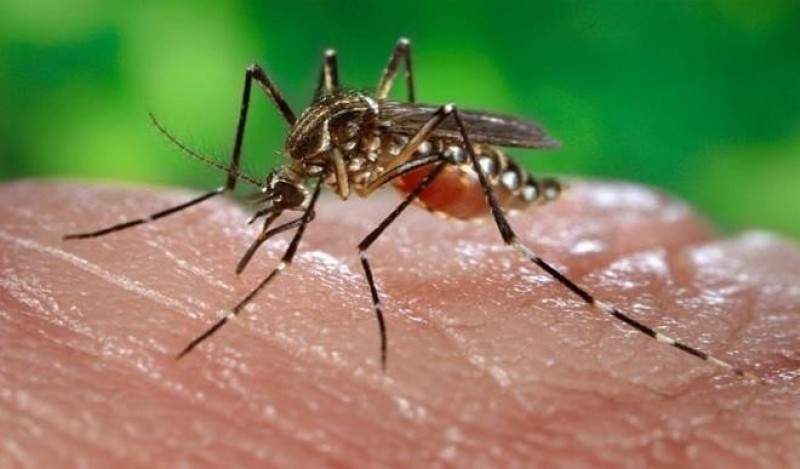The World Health Organisation (WHO) has sounded the alarm on the surge in dengue infections worldwide, posing a significant public health threat. In 2023, over five million dengue cases and 5,000 deaths were reported, prompting the UN health agency to raise concerns about the rapid spread of the disease.
Diana Rojas Alvarez, WHO’s Team Lead on Arboviruses, emphasized the urgent need for a comprehensive response to address the escalating threat. She stressed the necessity for WHO’s multi-tiered intervention to assist countries in managing existing dengue outbreaks and preparing for the upcoming dengue season.
Dengue, the most prevalent mosquito-borne viral infection, primarily affects urban areas in tropical and sub-tropical regions. The increase in reported cases is attributed to the expanding habitat of infected mosquitoes, linked to global warming and elevated emissions. Alvarez highlighted the profound influence of climate change on dengue transmission, citing heightened rainfall, humidity, and temperature as key contributing factors.
While the majority of the four billion people at risk of dengue exhibit no symptoms and recover within a few weeks, severe cases can lead to shock, severe bleeding, or organ failure. WHO underscored the critical importance of early detection and proper medical care in mitigating the risk of death from severe dengue, as there is no specific treatment for the disease.
The agency pointed out the challenging nature of identifying severe dengue symptoms, which often manifest after the fever subsides, catching both caregivers and medical professionals off guard. Warning signs include intense abdominal pain, persistent vomiting, bleeding gums, fluid accumulation, lethargy, restlessness, and liver enlargement.
Of particular concern is the geographic spread of dengue outbreaks, with close to 80% of cases occurring in the Americas, followed by Southeast Asia and the Western Pacific. Notably, fragile and conflict-affected countries in the eastern Mediterranean region, such as Afghanistan, Pakistan, Sudan, Somalia, and Yemen, are also grappling with dengue outbreaks, raising additional health challenges.
The global proliferation of mosquitoes has been reshaped in recent years, propelled by the 2023 El Niño phenomenon that exacerbated the effects of rising temperatures and climate change. WHO’s alert underscores the pressing need for concerted global action to combat the escalating dengue crisis.
In conclusion, the WHO’s warning serves as a potent call to action for global cooperation, heightened vigilance, and robust public health measures to curb the burgeoning dengue menace that imperils millions worldwide.
